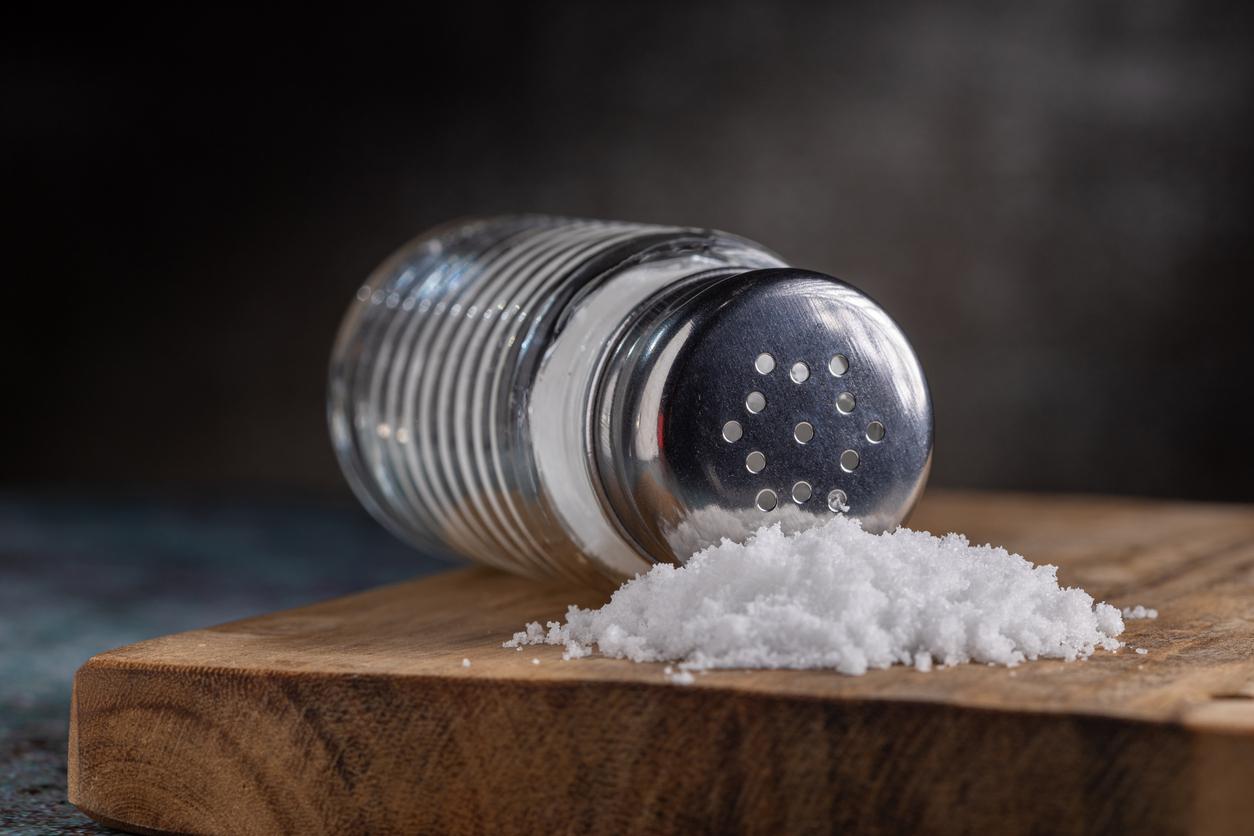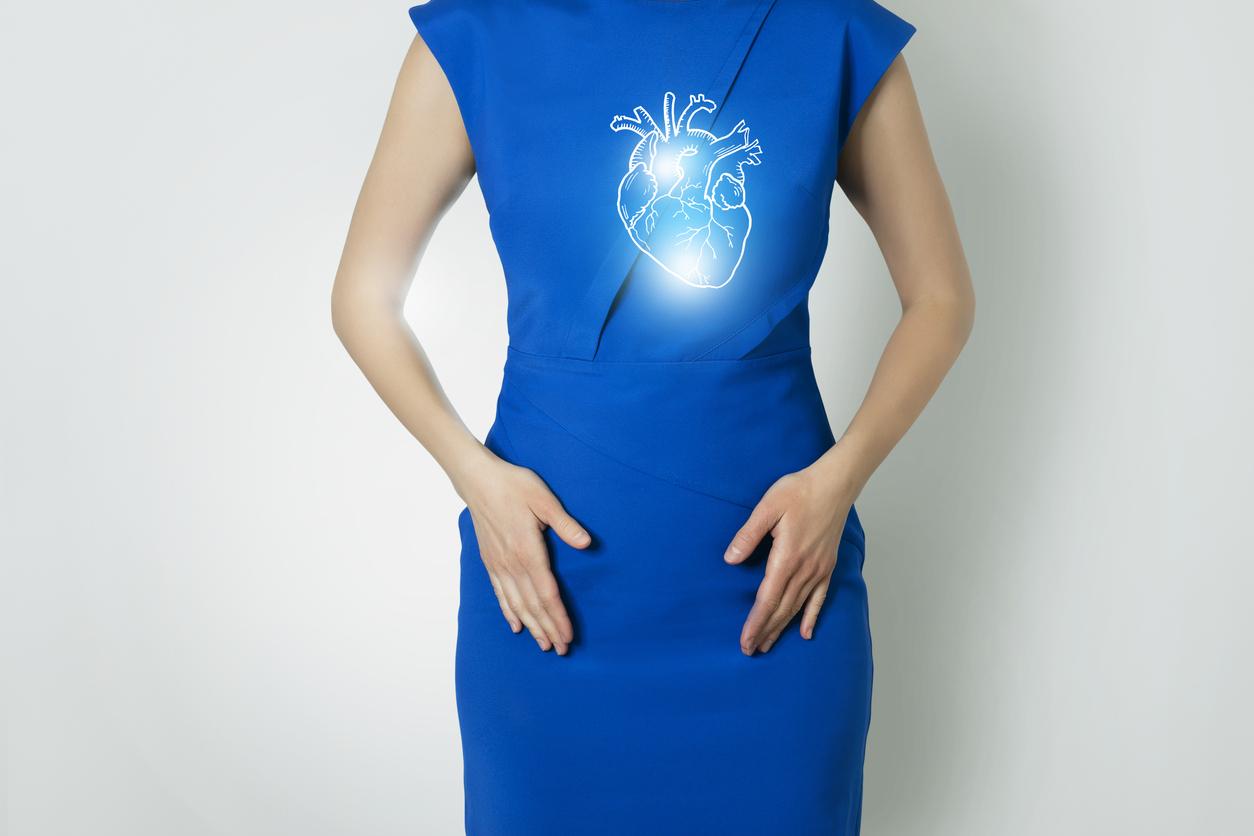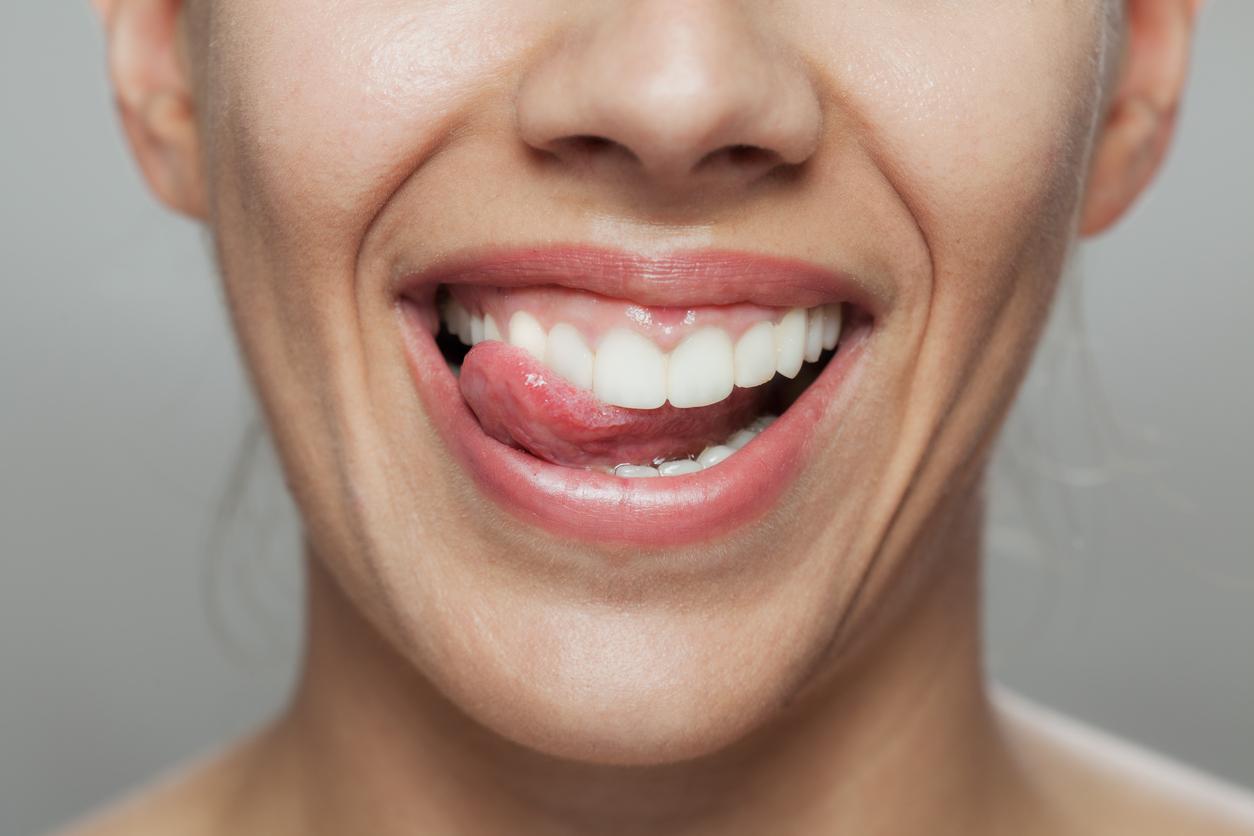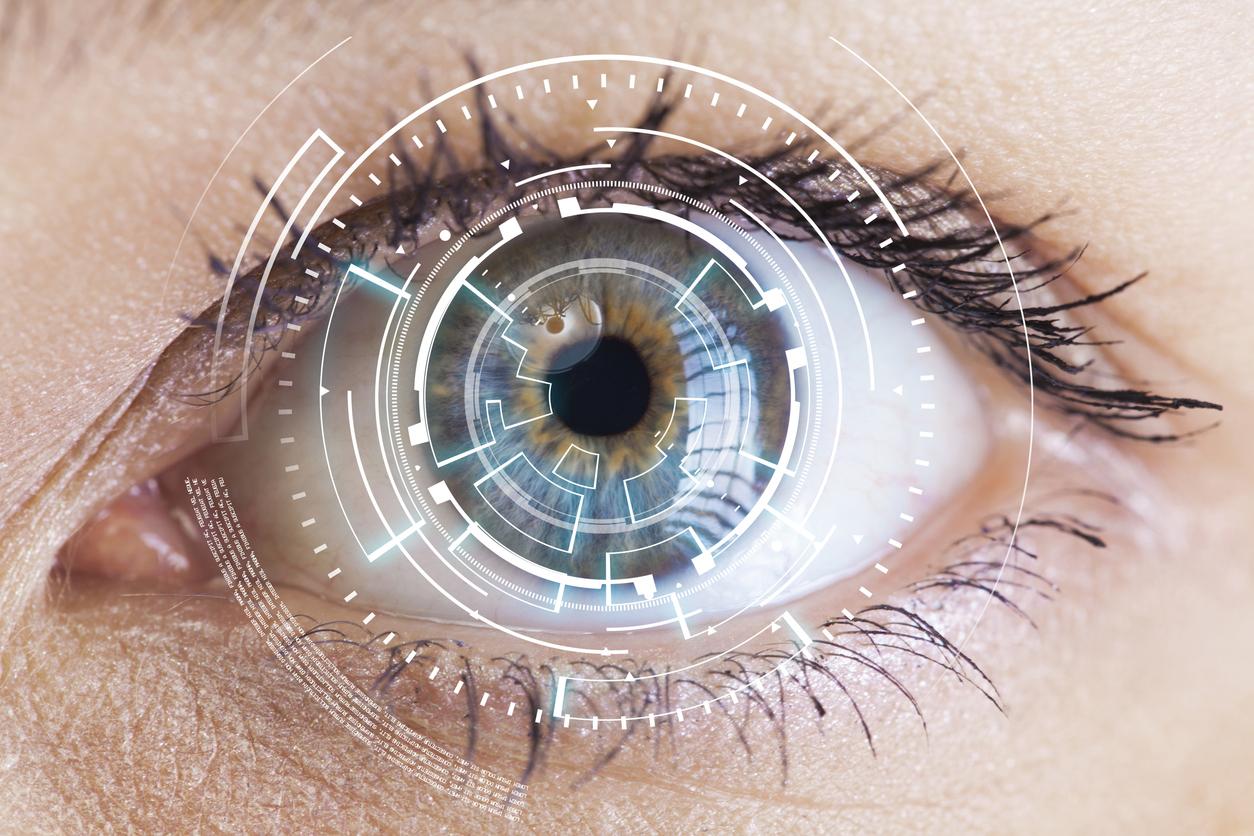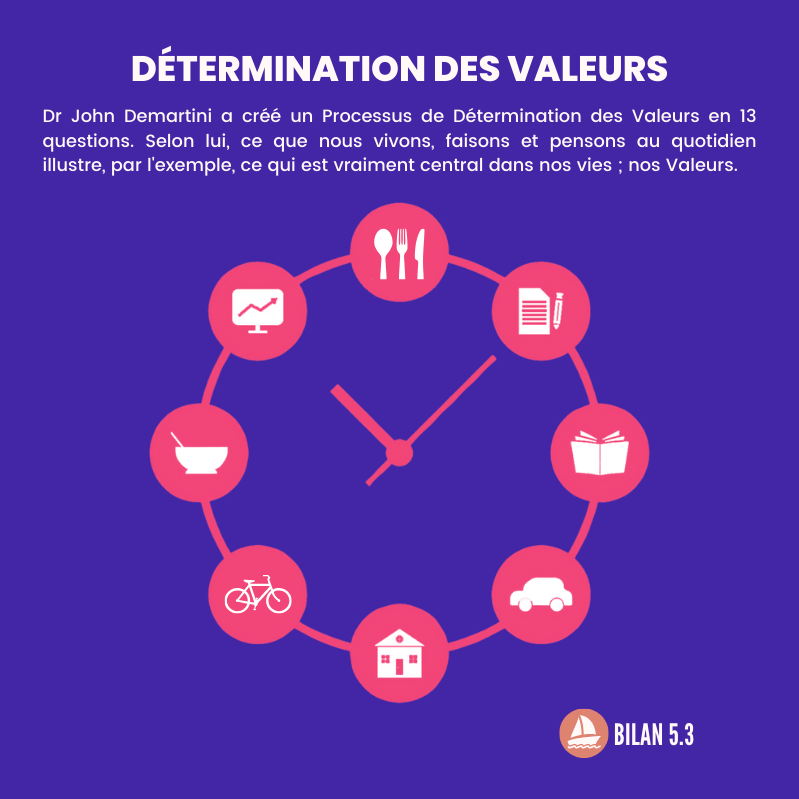
How do I get my life back on track?
Many people continue to have complaints after a stroke – after the first acute recovery: once back at home they feel gloomy, tired or have difficulty concentrating. Fortunately, something can often be done about this, according to Caroline van Heugten, professor of clinical neuropsychology at the Limburg Brain Injury Expertise Center.
1. What exactly is a cerebral infarction?
“In a cerebral infarction or stroke, a blood vessel in the brain is blocked, or there is a blood clot in it. Behind that blockage, oxygen-rich blood no longer flows through the vessels, so that the brain no longer receives nutrition in that area. You can compare it with a garden hose with a kink in it, so that no more water can get through. The longer the brain is deprived of oxygen, the greater the damage.”
2. What are common consequences of a stroke?
“The effects in movement and speech are immediately visible. Symptoms of paralysis in arms or legs, a crooked mouth, difficulty finding words or understanding a conversation. You can also sometimes clearly see that something goes wrong with actions: people eat half their plate empty or half shave their faces.”
3. Which consequences are less visible?
“They often only come to the fore a little later. Lack of concentration or attention, being slow to understand and dead tired. Many people are no longer able to do things at once, such as having a conversation while walking. There are also emotional consequences. which not everyone knows about: people can become anxious or gloomy, are easily overstimulated and get a short fuse.”
4. When do I have the best chance of recovery?
“On average, the brain itself can get the most out of it in the first three months. That is why the physiotherapist and speech therapist are often at your bedside immediately. Because just like with a wound on your finger, the body immediately gets to work to repair everything. in the brain. If you start exercising immediately, you will get the most out of it.”
5. What is the treatment aimed at in the period after the infarction?
“Practice, practice, practice. No matter how difficult and confronting, if you have barely processed what has happened: you help the brain recover with it. So the first steps are quickly taken across the room and practice is started immediately In addition, everything is done to prevent another stroke with medicines such as blood pressure lowers, cholesterol inhibitors and blood thinners, if necessary.”
6. What else can be done?
“After walking and talking are back on track, you can look more at the invisible problems: how do you deal with the irritability, the fatigue, the concentration problems? Only when patients have been home for a while and are confronted with the demands again that everyday life imposes on them, they notice how much trouble they have. People find it difficult with previously simple tasks and there is no clear counter for help. What still often happens is that the GP then refers to the neurologist, who then says, “I can’t help you with this.” While after three months we may no longer be able to improve the brains, but we can improve the lives of patients. People are often ashamed. The recognition alone helps: it is very normal that you suffer from this. In our latest research project we are now making a follow-up Up-conversations are possible, six weeks after a stroke, which are fully focused on this. The aim is to improve the quality of life of people with brain injury by acquiring, applying and disseminating knowledge.”
7. How do I pick up my life after a stroke?
“In any case, keep practicing. If you practiced in the hospital to make it three hundred meters to the supermarket, take that walk too. Eat healthy, exercise, lose weight if necessary and stay active in the areas you used to do. So don’t do sudoku’s to improve the brain, that doesn’t work. Well: practice to remember the names of all the plants in the garden, if you liked to be busy in the garden. Keeping busy sometimes takes some creativity Did you like to go to parties and is it way too busy now? Perhaps you could go outside peak times or stay shorter. People who work in a problem-solving way come out better. Look at it with a positive lens: not focused on what you can’t do anything anymore, but on what you can still do.”
8. What should my partners and/or relatives know?
“First of all: it helps if you understand what is going on in the brain. You don’t get a stroke alone. Clear brochures can be found at the Brain Foundation: hand them out to neighbors, friends, the children and brothers or sisters. Then they will also understand why you occasionally drop out. Or suddenly end up on the couch while setting the table. In addition, it is good to continue to take care of yourself. Enlist help and make sure you enjoy your billiard evening or the beautician can keep going. Finally, it is important to give the person who has had the stroke space. Partners can sometimes be inclined to take a lot off their hands and take over, for example, the garden or vacuuming. While staying busy is just so important – even if it doesn’t go smoothly. Also watch out for filling in: for example, if someone doesn’t immediately get their words out, give the other person time to find those words. Room to mess around a bit helps!”
This article originally appeared in Plus Magazine December 2018. Not yet a Plus Magazine subscriber? Becoming a subscriber is done in no time!
Sources):
- Plus Magazine









